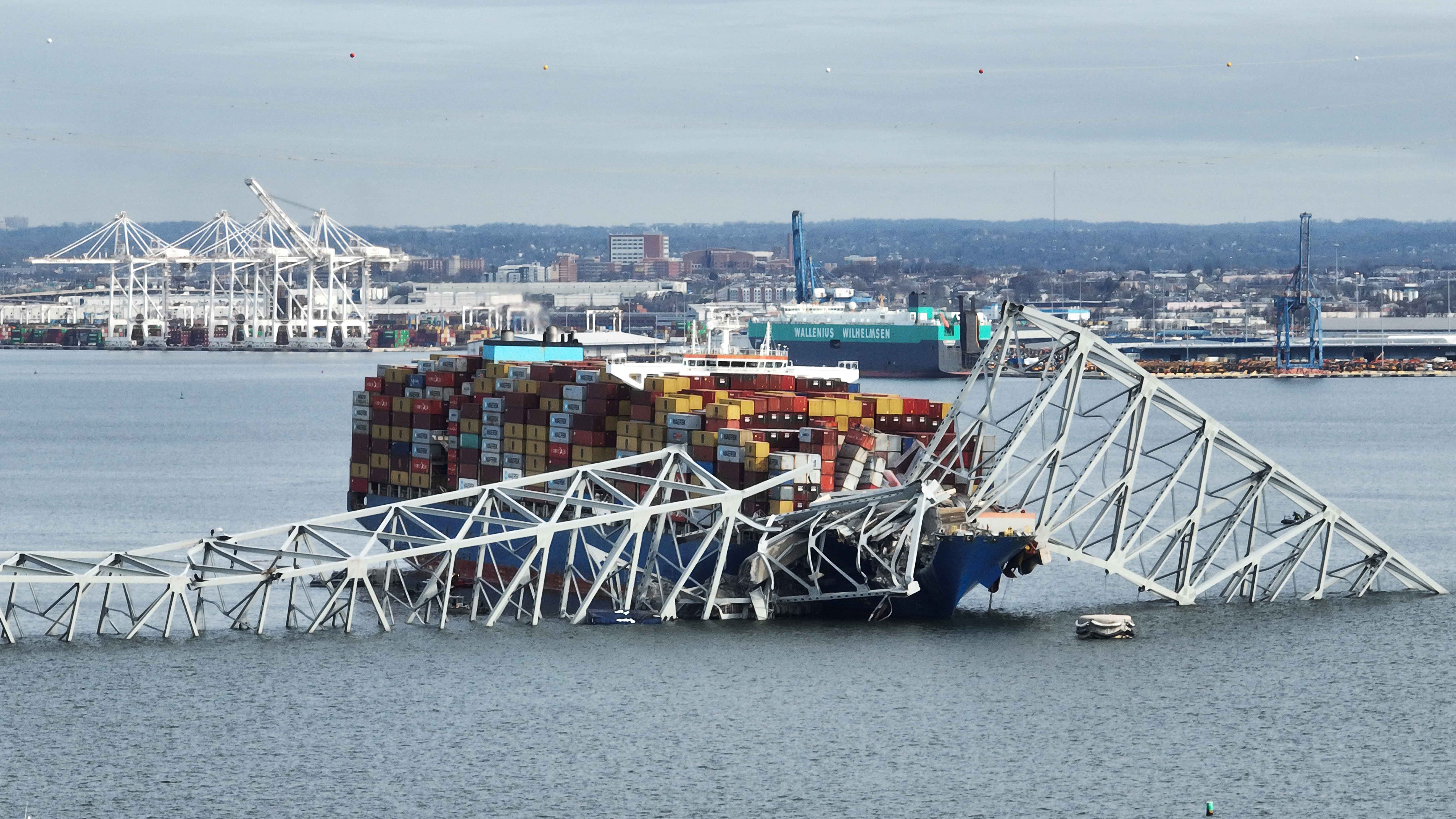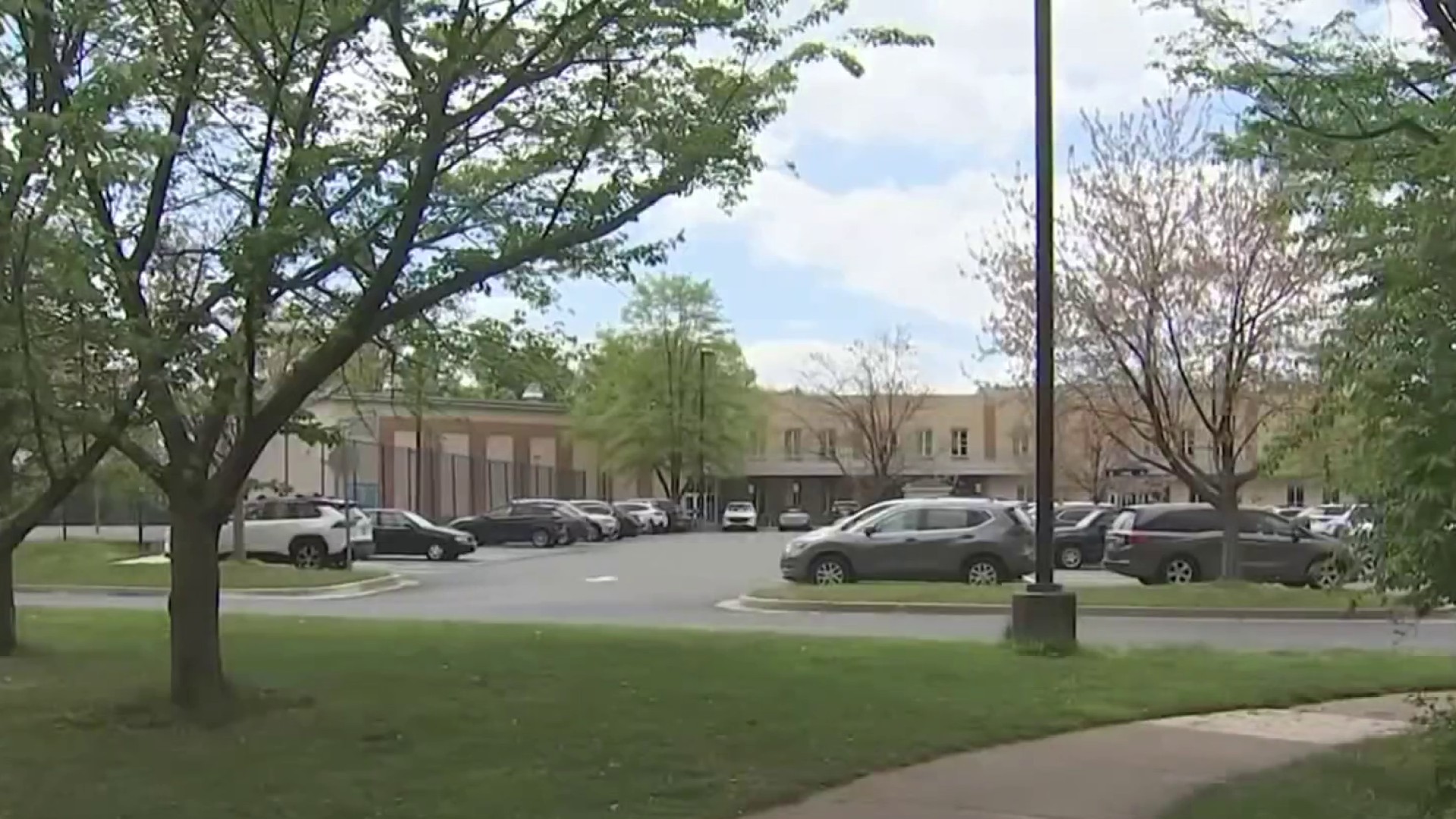By David Schultz
By July 1st of this year, Metro needs to find some way to make up a budget shortfall totaling $89 million. Tonight, the Metro Board holds the first of two weeks’ worth of public hearings on how to do it.
On the table is a list of virtually every fare increase or service cut imaginable – from the elimination of dozens of bus routes to shorter trains. Whatever the board decides, it’s going to hurt a lot of people, and the board knows it.
These next two weeks will not be fun for Chris Zimmerman. He sits on Metro's Board of Directors. But he's also a local elected official in Arlington, Virginia, an area hit hard by Metro's budget-slashing proposals.
"There are proposed cuts to bus lines that we have here that are some of our most heavily traveled routes," says Zimmerman. "Mainstays of transportation east, west and north and south."
This is something Zimmerman knows all too well. He lives in South Arlington near the 16 bus line, one of the many bus lines on Metro's chopping block.
"I ride that myself," he says. "And I know people are standing on it, you know, midway down the route. So it wouldn't make sense to me to pull buses off that."
Local
Washington, D.C., Maryland and Virginia local news, events and information
Jovida Tolbert rides the 16 bus every day and she says it can get really crowded.
"Standing room only, to the point where some people have had to wait for the next bus," says Tolbert.
Tolbert doesn't want Metro to cutback her bus service, but she doesn't think a fare increase is a good idea either.
"I mean, 50 cents each day, that adds up," she says. "And we're already in a recession. So I don't know that this would be the time to be doing something like that."
But with revenues down eight percent from last year, Metro has few other options.
The recession is depressing ridership, which, of course, depresses revenue from fares. It dropped by $23 million last year. That's in addition to a $27 million drop in advertising revenue.
And expenses keep going up.
The infrastructure in Metro's 30-year-old subway system is in dire need of replacement. And costs are skyrocketing for MetroAccess, the para-transit service for people with disabilities.
To address these financial pressures. Metro is considering things that years ago would have been unthinkable.
"I think that is going to create a lot of angst. And a lot of angry reactions," says D.C. Councilman Jim Graham, a Metro Board Member.
He's especially concerned about a proposal to close the subways at midnight on weekends, instead of at 3 am.
This would save Metro more than $6 million a year, but Graham says there'd be a human cost.
"I am absolutely convinced that we're saving lives. Because we've got people who would be driving their own automobiles intoxicated, who today are riding Metro subway and bus," he says.
Other proposals may be less dangerous, but no less difficult.
For instance, a ten-cent surcharge for subway riders during the thick of rush hour, what it calls the "peak of the peak."
And those riders would not only have to pay more, their commutes would be more crowded, since Metro is also considering getting rid of eight-car trains.
Metro figures that would cause to lose nearly 1.3 million riders. But the system would net more than $2.5 million dollars a year in savings.
Ashu Goel is heading home after work on the 8th car of an eight-car Red Line train.
He's skeptical this more austere budget will really put Metro on the right track.
"They have to manage their budget. That is the answer. Increasing the fare or reducing that thing, you know, doesn't really manage the budget. Next year it will be the same thing. The budget will be shortfall and, what they will do?" says Goel.
For now, Metro is focused on on the upcoming budget year.
Board Members say the cutbacks could be diminished if local governments in the region chip in more funding.
But they're facing the same financial pressures as Metro.
And even if the localities COULD find the money, it certainly won’t be enough to cover the entire shortfall.
Which means service cuts, fare increases, or, most likely, both.
Listen to the complete story at wamu.org
Copyright 2010 WAMU 88.5 - American University Radio. All Rights Reserved.



